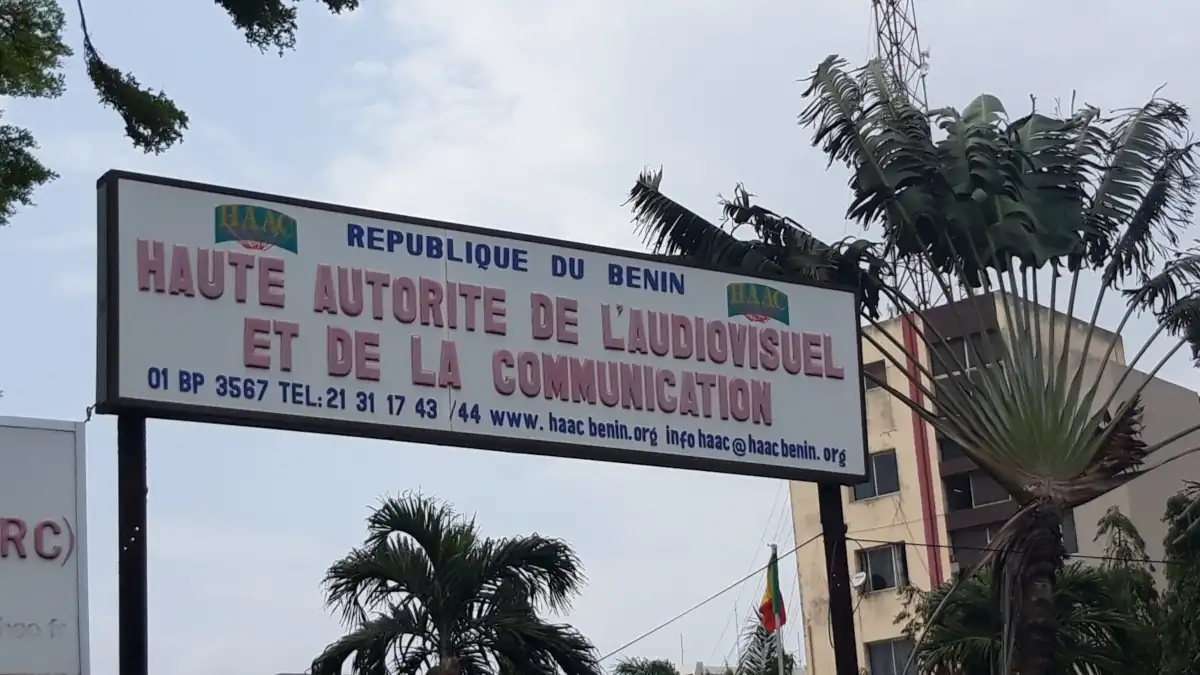
The High Authority for Audiovisual and Communication (HAAC) has issued a firm reminder to media outlets and the public regarding the rules governing advertising by private educational establishments in Benin.
In a press release, the regulatory body stressed the need for strict adherence to legal provisions to ensure the accuracy and integrity of educational information.
Under Article 177 of the Information and Communication Code, HAAC is tasked with monitoring the content of advertising messages.
The authority highlighted that Decree No. 2018-261 of June 27, 2018, and Decision No. 10-045/HAAC of October 5, 2010, outline the precise conditions under which private schools, colleges, high schools, and universities may promote themselves in the media.
Only institutions that have received official approval or accreditation are permitted to advertise courses. All promotional materials must display the words “Seen and approved” along with the full name of the authorizing body.
Any figures or statistics cited in advertisements must be certified by the relevant education ministries, ensuring that claims are verifiable and reliable.
HAAC also warned against misleading advertising, noting that Articles 323 and 324 of Law No. 2015-07 of March 20, 2015, place responsibility on both the advertiser and the broadcaster.
For legal entities, directors are held personally liable, while broadcasters acting as accomplices face the same penalties as advertisers, in addition to obligations defined in agreements with HAAC.
The authority’s statement comes amid increasing concern over the proliferation of unverified claims and exaggerated promises in educational advertising. “The protection of students and parents relies on accurate and transparent communication,” the release emphasized.
By reinforcing these rules, HAAC aims to safeguard the credibility of Benin’s educational sector, ensuring that private institutions operate transparently and that media outlets uphold standards of accountability in their advertising practices. This move underscores the importance of regulatory oversight in maintaining trust and integrity in the promotion of education.



